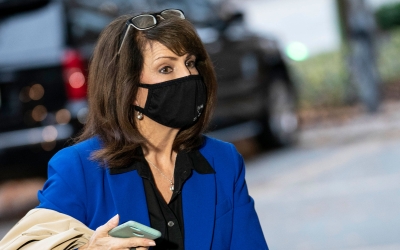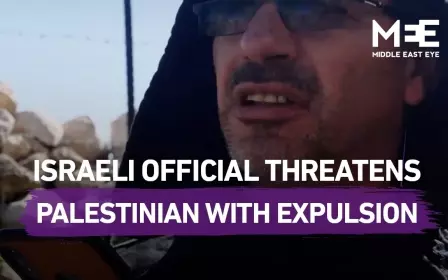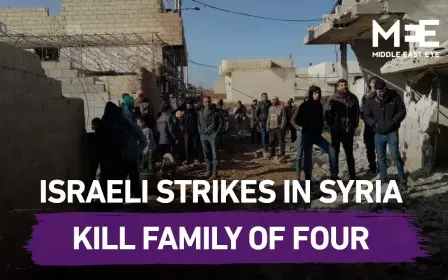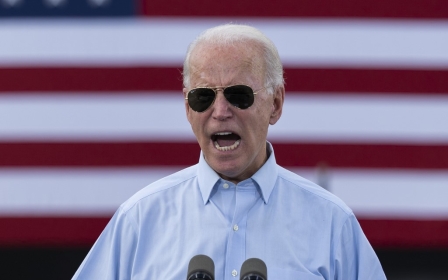Israel bans all international flights to curb Covid-19 spread
Israel is to ban passenger flights in and out of the country from Monday evening for a week, the government announced on Sunday, as protesters in some ultra-Orthodox Jewish communities clashed with police over coronavirus lockdown measures.
Clashes broke out between ultra-Orthodox protesters in the city of Bnei Brak and police forces who came to enforce the lockdown. One police officer, feeling that his life was in danger, fired in the air to repel the crowds, police said.
Smaller confrontations with ultra-Orthodox protesters broke out in several other towns, police said, according to Reuters.
The ban on flights is due to come into force from Monday at 22:00 GMT and last until the end of January, Prime Minister Benjamin Netanyahu's office said in a statement.
"Other than rare exceptions, we are closing the sky hermetically to prevent the entry of the virus variants and also to ensure that we progress quickly with our vaccination campaign," Netanyahu said in public remarks at the start of a cabinet meeting.
The country's borders have largely been closed to foreigners during the pandemic, with only Israeli passport holders allowed entry.
The country has been under a third national lockdown since 27 December. Critics say the government has mishandled the crisis, lacking a clear long-term strategy and allowing politics to cloud its decisions.
Anger at ultra-Orthodox communities
Anger has mounted in Israel at some ultra-Orthodox communities that have defied lockdown restrictions and opened schools and seminaries, according to Reuters. The study of Jewish scripture is one of the most important religious decrees for ultra-Orthodox Jews.
Ultra-Orthodox parties have long been political allies of Netanyahu's Likud party.
The government had intended to lift the lockdown at the end of January but Education Minister Yoav Galant, speaking on Ynet TV, said it was too early to know if schools would reopen next month.
Israel expanded its rapid vaccination drive on Sunday to include late teens in what the government described as an effort to enable their attendance at school exams.
The vaccines were initially limited to the elderly and other high-risk categories, but are now available to anyone over 40 or - with parental permission - those between 16 and 18.
Middle East Eye delivers independent and unrivalled coverage and analysis of the Middle East, North Africa and beyond. To learn more about republishing this content and the associated fees, please fill out this form. More about MEE can be found here.





